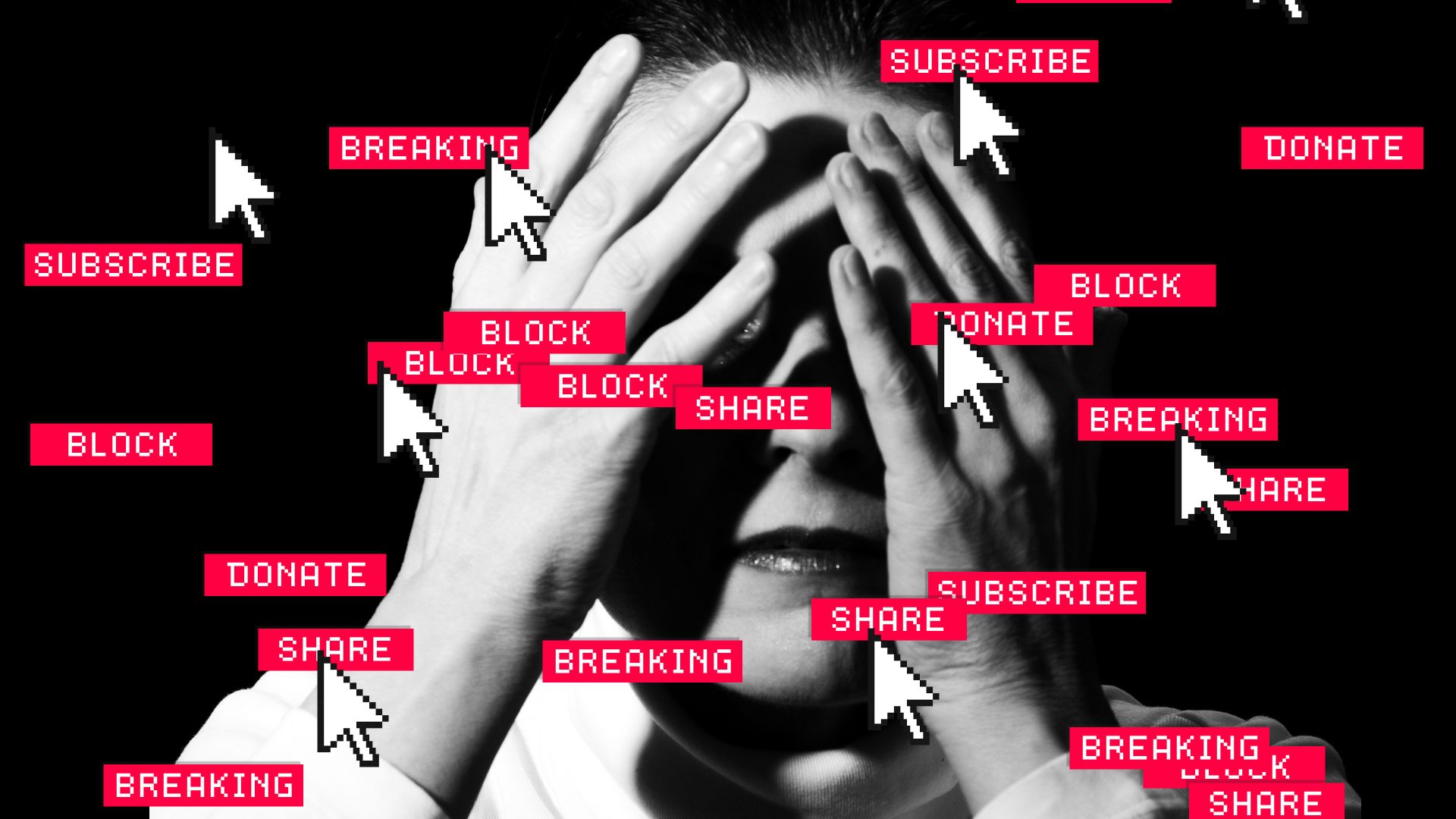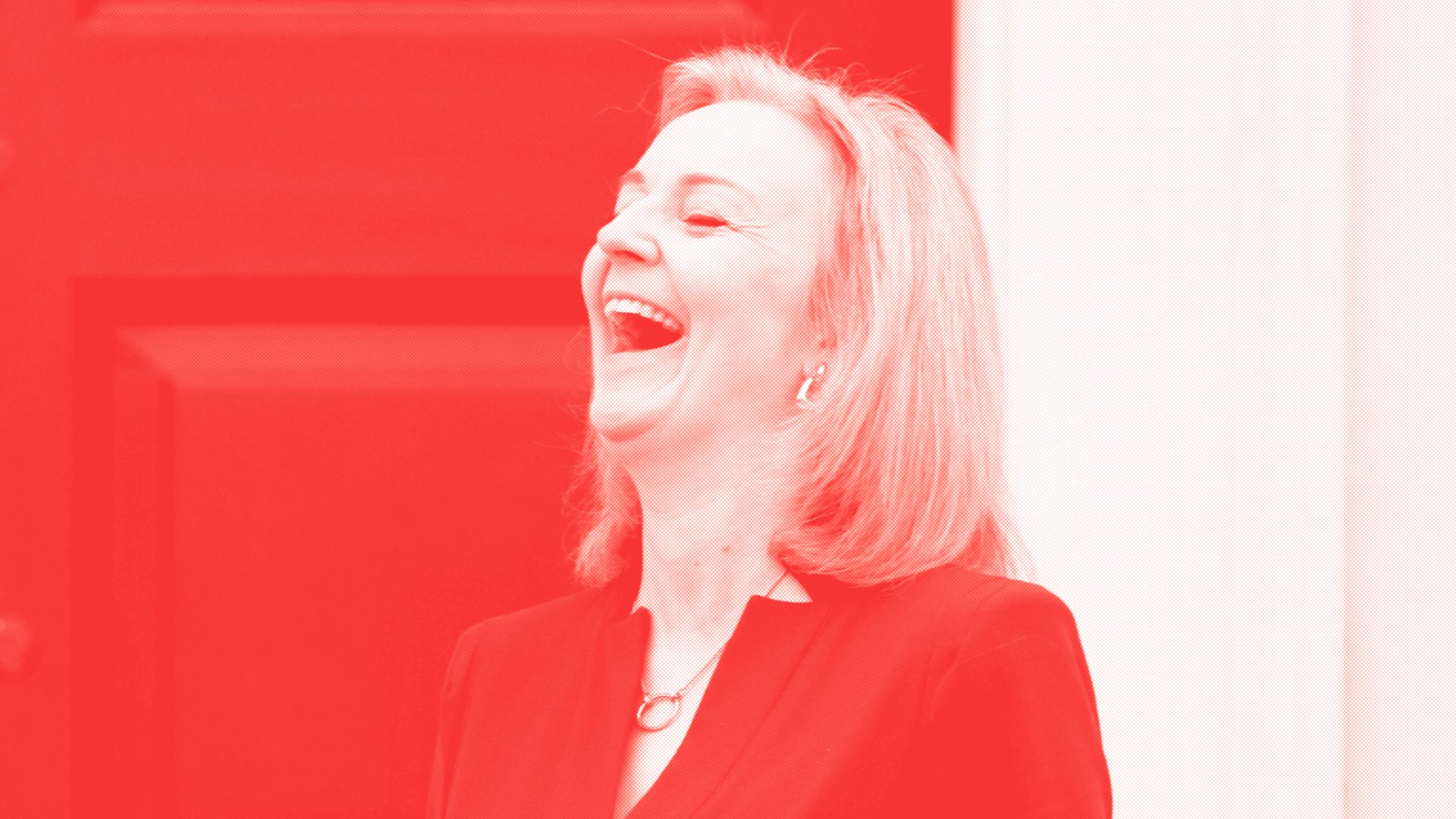The pace of electronic communication has created a situation in which information is replaced almost as soon as it appears, rendering old ways of processing facts and events inadequate since they are now just too slow.
If this sounds like an accurate description of the way we live today, in fact it is one of the points made in Marshall McLuhan’s The Medium is the Massage (His own titular gag on his most famous dictum; the medium is the message), first published in 1967.
McLuhan was prescient in many ways. His description of the global interconnectedness arising from technological change rings true today too in ways it couldn’t have done in the late 1960s. As he put it then, “The new electronic interdependence recreates the world in the image of a global village.”
For us, digital media and the internet have delivered just this. The combination has shrunk distances in time and space and given us almost simultaneous access to events on the other side of the world.
Not for everyone, of course, but for a large percentage of humanity. There are no long delays, no excuses for not knowing what is going on in Ukraine, Myanmar, Taiwan or China. We have increased the radius of our communication, both as receivers and transmitters. Today nations on the other side of the world have become more like neighbouring tribes than ever before. Global is the new local.
For consumers of news – in other words, us – this is both wonderful and bewildering. Wonderful because in principle, we can connect across the world, recognise our common humanity, help those at a distance in greatest need. No longer so reliant on approved routes of communication, we can glean our understanding from citizen journalists on Twitter or other social media alongside approved sources. You needn’t depend on a camera crew with heavy equipment sent to cover a breaking story when just about everyone on the ground has a sophisticated video camera on their phone and can stream or send footage from a wifi connection. Rupert Murdoch may own and control a disproportionate number of media organisations worldwide, but we don’t need to be so reliant on his empire when so many alternatives exist online.
But it’s bewildering too. There is a widespread feeling that human beings haven’t adapted well as consumers of news, or that we’re only doing so slowly. We’re suffering from a kind of culture shock. It all happened so quickly. There is now so much information that we require some convenient way of filtering it so as not to choke on it.
We need to devise ways of sorting the wheat from the chaff. However, as the Harvard professor Cass Sunstein and others have pointed out, the default for many of us is to create a news bubble within which only the sorts of information we want to hear, discussed from an angle that we already endorse, comes our way. These epistemic echo-chambers are a great way to reinforce our prejudices while telling ourselves that we are abreast of current affairs.
But that’s a one-way street to what John Stuart Mill labelled “dead dogma”, unquestioned firmly held beliefs, rather than those that have survived the challenge of discussion. Readers used to do something similar with their choice of newspaper, but the increasing diversity of perspectives on the news, and the use of digital filters, amplify this in ways that were unimaginable 50 years ago.
Meanwhile, it has become easier for malevolent individuals and groups to manufacture and circulate fake news stories, including the sort of article that purports to show that information from reliable sources is itself fake news. In her book Reputation: What It Is And Why It Matters, Gloria Origgi argues that we are in the process of moving from an Information Age to a Reputation Age. With so many competing views, outright lies, and alleged facts about what is happening in circulation, we are increasingly having to rely on expertise, sometimes of a very specialised kind.
Origgi’s point is that what the well-informed citizen should be doing isn’t to focus on the veracity of the claim itself, and on purported evidence that we are not competent to assess, but rather should try to reconstruct what she calls “the reputational path” of the piece of information. We need to understand who is making the claim, why they might want to do so, and the process by which they acquired any authority to write on the issue. Even that, though, is no simple task.
At the same time, we are repeatedly lured away from what really matters by clickbait or other distractions, bombarded with incongruous pop-ups while giving away both our most banal and our darkest secrets through our browsing habits. News and consumerism have always been interlinked, but never with such stealth or effectiveness.
Some news sites engage in elaborate phishing to capture our emails, our likes, and our location to serve up advertising that is most likely to catch us off guard or even create wants that we didn’t know we had. They vie with one another to monopolise our attention. They may also be selling our personal data – who knows where?
For many it is a safe bet that they are. As Carissa Véliz has shown in her important book Privacy is Power, data surveillance has crept into all our lives, and has the potential to be used in more sinister ways by authoritarian governments or unscrupulous disrupters of democracy.
A further consequence of the flow of information is the speed with which many of us forget. Arnold J Toynbee described history as “just one damn thing after another”. Today, news is many damn things simultaneously, and even more damn things one after another. The risk is that nothing stands out very much.
There is, of course, a kind of beam that shines on the news story of the day or the year, but that brings with it dangers, too, because of what it leads us to neglect. Our tendency to be more moved by a particular case that is the media’s story of the day can lead us to overlook a thousand more important cases in the shadows.
The spotlight of attention that news sources provide us with is analogous to the situation with the famous Invisible Gorilla in the Room experiment conducted by Daniel Simons and Christopher Chabris at Harvard that showed that when people are focusing hard on one thing, they can easily overlook what else is happening. When asked to count the number of passes basketball players in white shirts made in a video, a surprisingly large number of viewers failed to notice someone in a gorilla suit in the middle of the image.
But even if we spot the gorilla in the room as our attention is being directed by news outlets, it is hard to keep that gorilla in focus for long. The speed of turnover in news and the quantity of information we have to process to stay abreast of it is conducive to a particular modern form of amnesia. William Empson wrote in his poem Let It Go:
“The more things happen to you the more you can’t
“Tell or remember even what they were”.
The same is true of news. So many important things have happened recently. But what exactly? I struggle to remember precisely what they were. I don’t think I’m alone in this. Past news is a blur.
We had years where stories connected with Trump dominated, then the pandemic, then months of Boris Johnson’s antics. When in February of this year Russia invaded Ukraine, it seemed that no other news story would be able to compete until that war ended, and that the news spotlight could not turn away, so important was this for Europe and for the world.
But only six months later, despite daily reports of Russian atrocities, and with access to energy being used as a deadly weapon, news from Ukraine is competing with other stories and quite often losing.
Will we start to forget Ukraine when the spotlight turns somewhere else? Something similar happened in a shorter timeframe with the discussion of climate crisis triggered by the first heatwaves in Europe this summer. It will be interesting to see whether the spotlight returns to the greatest existential risk humanity has ever faced as we swelter in the latest heatwave.
One reaction to all this has been the emergence of latter-day gurus recommending that we ignore the news altogether. Don’t doomscroll, they tell us, that’s bad for you. Newspapers are biased towards feel-bad, not feel-good stories, so you should protect yourself and stay away.
That’s one solution, of course, but it’s like burying your head in the sand. For good or ill, the “all-at-onceness” of the global village that McLuhan predicted is here, and we’re going to have to find better ways to live in it




